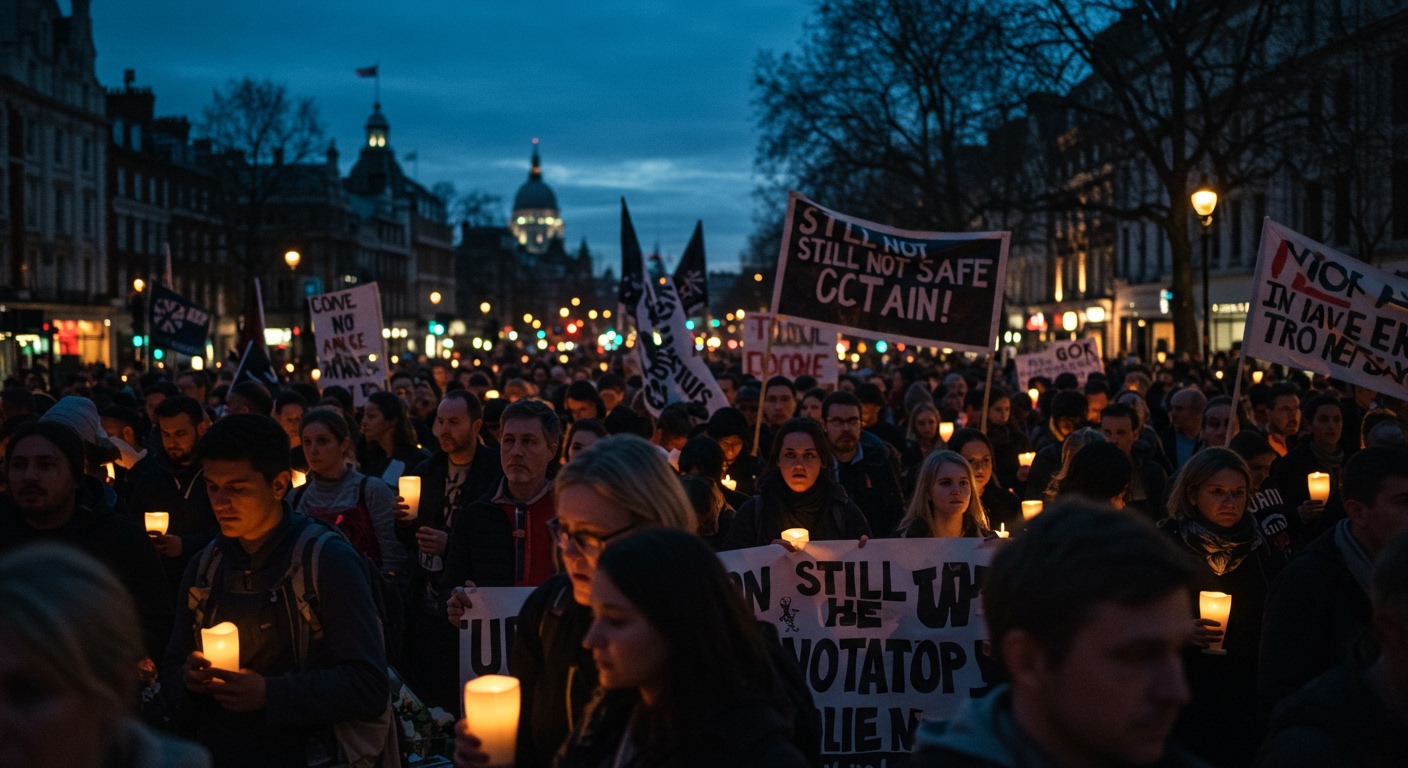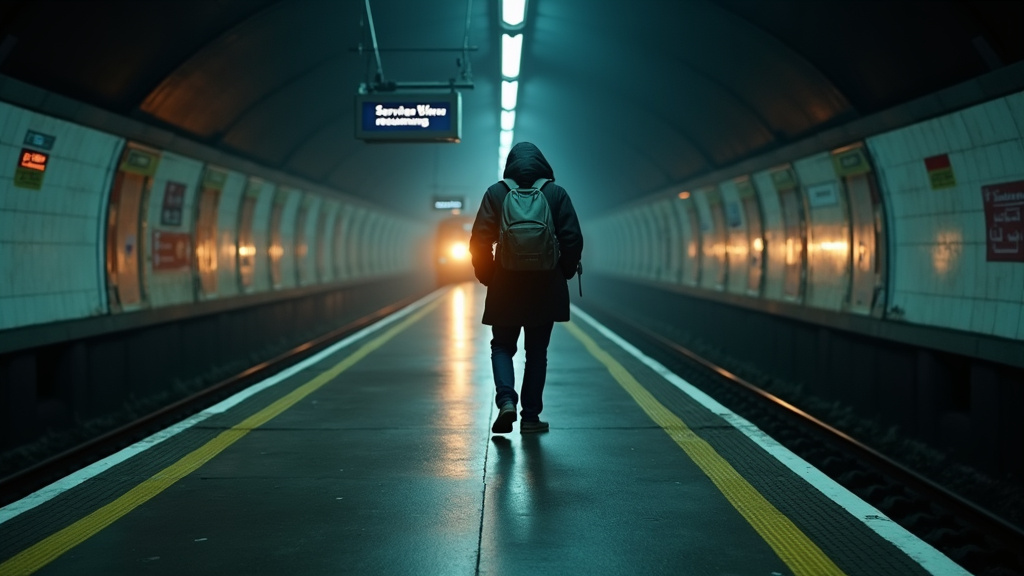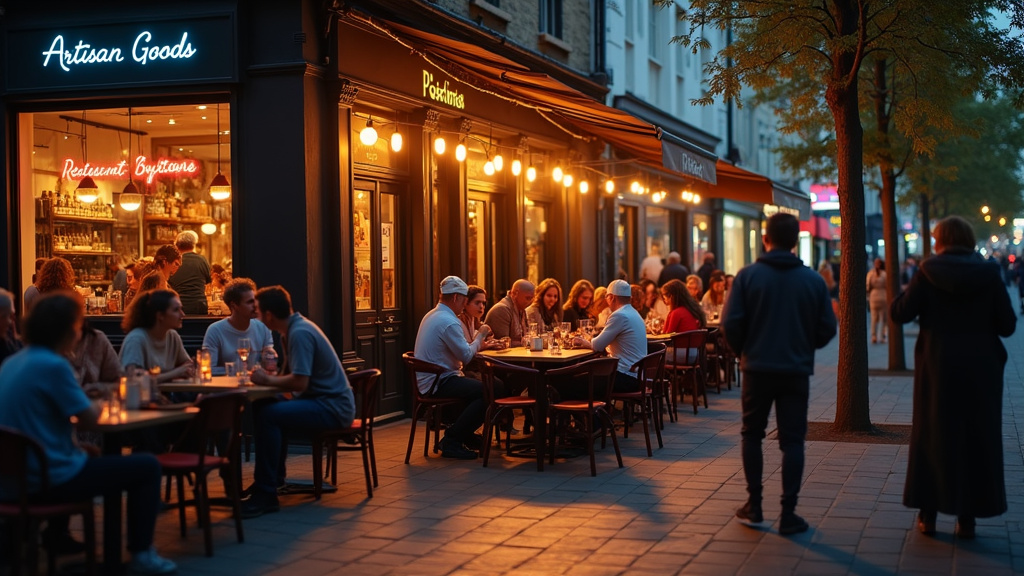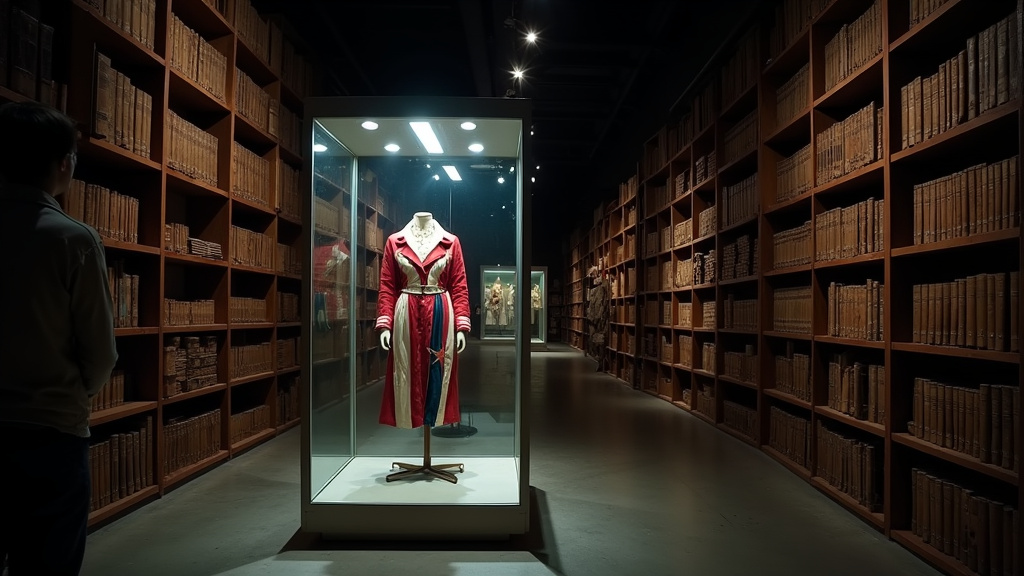London Remembers Zara Aleena Amidst Lingering Safety Concerns
London, UK – Three years after the tragic murder of Zara Aleena sent shockwaves across the nation, mourners gathered this week to honour her memory and renew calls for greater safety for women in the United Kingdom. The sombre event, held in London, served as a stark reminder of the ongoing concerns surrounding violence against women and girls, a pervasive issue that activists and the public insist leaves women in the UK ‘still not safe‘.
Zara Aleena, a 35-year-old aspiring lawyer, was killed while walking home in Ilford, East London, in June 2022. Her death became another focal point in the national conversation about street safety, misogyny, and the systemic failures perceived to contribute to violence against women. The third anniversary of her murder has reignited public grief and prompted a resolute demand for tangible action from authorities.
A Vigil and Protest in the Capital
The gathering in London encompassed both a vigil and a protest, reflecting the dual nature of the community’s response: profound sadness for a life lost and palpable anger at the conditions that allowed it to happen. Attendees included Zara Aleena’s family and friends, local residents, women’s safety campaigners, and concerned citizens from across the capital and beyond. They came together not just to remember a much-loved Londoner, but to collectively voice their anguish and frustration over the persistent threat of violence women face daily.
The vigil aspect of the event provided a space for quiet reflection and collective mourning. Participants lit candles, laid flowers, and shared quiet moments of remembrance for Zara. The atmosphere was one of shared grief, a poignant tribute to a vibrant life tragically cut short. Many held photographs of Zara or wore ribbons signifying their support for victims of violence.
This solemn remembrance was intertwined with the protest, a vocal demand for change. Banners were displayed bearing slogans highlighting the urgent need for action on women’s safety. Chants echoed through the gathering, calling for accountability, improved street lighting, increased police patrols, and more effective strategies to tackle the root causes of male violence against women. The message from the crowd was unequivocal: three years on, the promises made in the wake of Zara’s death and other similar tragedies have not translated into a reality where women feel genuinely safe walking the streets of Britain.
The Enduring ‘Still Not Safe’ Reality
The phrase, highlighted by campaigners and echoed in the original reporting surrounding such incidents, that women in the UK are ‘still not safe‘ encapsulates the central message of the London gathering. Despite increased public awareness and numerous initiatives launched in recent years, statistics and lived experiences continue to paint a grim picture. Reports of harassment, assault, and murder of women remain distressingly high, leading many to conclude that the fundamental cultural and societal shifts required to eradicate violence against women and girls (VAWG) have not yet occurred.
The mourners and protesters pointed to a range of issues contributing to this sense of insecurity. These include inadequate responses from the criminal justice system, insufficient resources allocated to support services for victims, and a failure to adequately address misogynistic attitudes that underpin violence. The repeat nature of such gatherings – following the murders of women like Sarah Everard, Sabina Nessa, and now marking three years since Zara Aleena’s death – underscores the perceived lack of progress and the urgent need for sustained, impactful intervention.
Calls for Systemic Change and Accountability
The vigil and protest served as a renewed call to action directed at policymakers, law enforcement, and society at large. Participants demanded more than just words; they called for concrete policy changes, including increased funding for preventative programmes, better education on consent and respectful behaviour, and a complete overhaul of how VAWG cases are investigated and prosecuted.
There was a strong emphasis on systemic change. Speakers at the event highlighted the need to challenge deeply ingrained societal attitudes that perpetuate violence and inequality. They argued that ensuring women’s safety requires a multi-faceted approach that goes beyond policing and into areas such as education, public health, and urban planning.
The memory of Zara Aleena, the bright and promising young woman who became another statistic, fueled the determination of those who gathered. Her name has become synonymous with the broader fight for women’s safety, a tragic symbol of the risks women face daily simply by existing in public spaces.
A Legacy of Remembrance and Resistance
As the event in London drew to a close, the candles flickered, and the chants subsided, but the message remained clear. The gathering of mourners and protesters for Zara Aleena was more than just an act of remembrance; it was an act of resistance against the normalisation of violence against women. It was a collective declaration that the lives lost will not be forgotten and that the fight for a future where women in the UK are genuinely safe will continue.
The third anniversary of Zara Aleena’s murder serves as a critical moment to assess progress, or the lack thereof, in tackling this national crisis. The voices that gathered in London are a powerful reminder that for many, the fear persists, and the urgent work of creating a truly safe society for all is far from over. The legacy of Zara Aleena lives on in the determination of those who continue to demand change.





